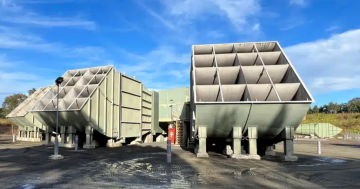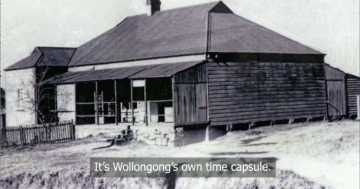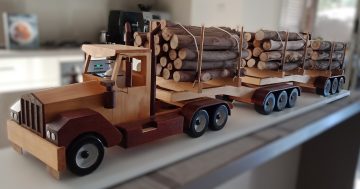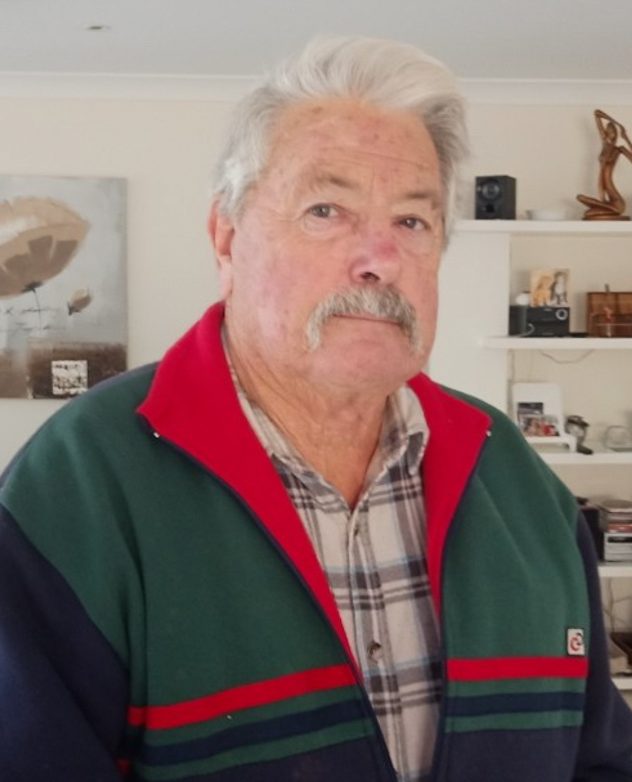
The birth of Malcolm Stewart’s twins saved his life on the night of the Appin Mine Disaster. Photo: Wendy Stewart.
Despite circumstances tinged with tragedy and sorrow, Malcolm Stewart can thank the arrival of his twins for saving his life 45 years ago.
On 24 July 1979, the then 31-year-old Thirroul coal miner swapped his night shift at Appin Mine for an afternoon shift so he could be beside his wife, Wendy, when Bradley and Allyson arrived.
Hours after he walked off the afternoon shift, the section of the mine where he would have been working that night blew up, killing his entire crew of 14 men.
“It seems like yesterday, and I think about it every day,” says Malcolm who is now 76 and lives at Corrimal.
“The first I knew of it was when my sister phoned me at 4 am and said, ‘Thank God you’re at home because Appin just blew up’.
“It was very sad because the men who died were not just workmates, they were friends as well – we were a pretty close-knit crew.”
The disaster shook the small Appin community, leaving 38 children fatherless. One of the victims, John Stonham, left behind a wife and nine children.
The explosion happened 3 km from the pithead and 700 m underground.
Three mine workers were killed by the explosion and another 11 died from carbon monoxide poisoning.
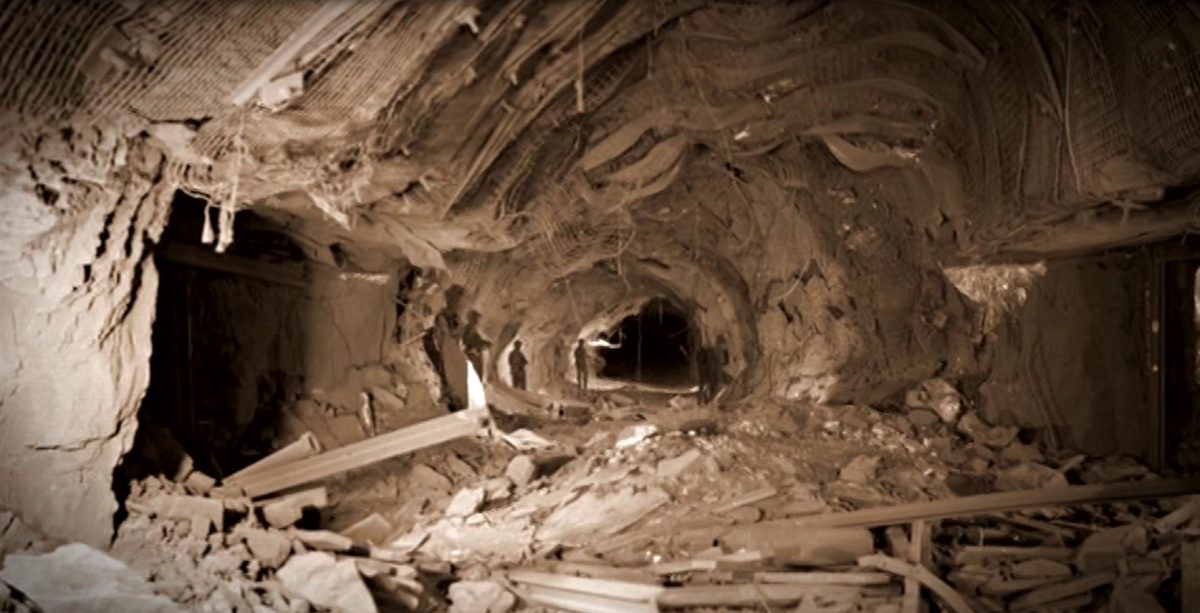
The aftermath of the Appin Mine disaster. Photo: Mine Accidents and Disasters.
At the inquest, Judge Goran in the Court of Coal Mines Regulation, said in his report that a methane explosion started the coal dust explosion, following an accumulation of methane resulting from a flawed ventilation change.
He concluded that the explosion began by an ignition of the fan starter box and not the deputy’s safety lamp, as initially speculated.
In his report, Judge Goran said he did not suspect that the deputy’s lamp contributed in any way to the explosion.
“Indeed, having studied in detail the investigation of safety lamps, their defects and their inability, despite those defects, in most cases to propagate flame externally, I believe that reports of overseas explosion in mines where safety lamps have been indicted as the cause, should be treated with great reservation now,” he said.
The report called for electronic monitoring of gasses such as methane, carbon monoxide and carbon dioxide, including portable devices for deputies.
It also recommended that ventilation officers be appointed.
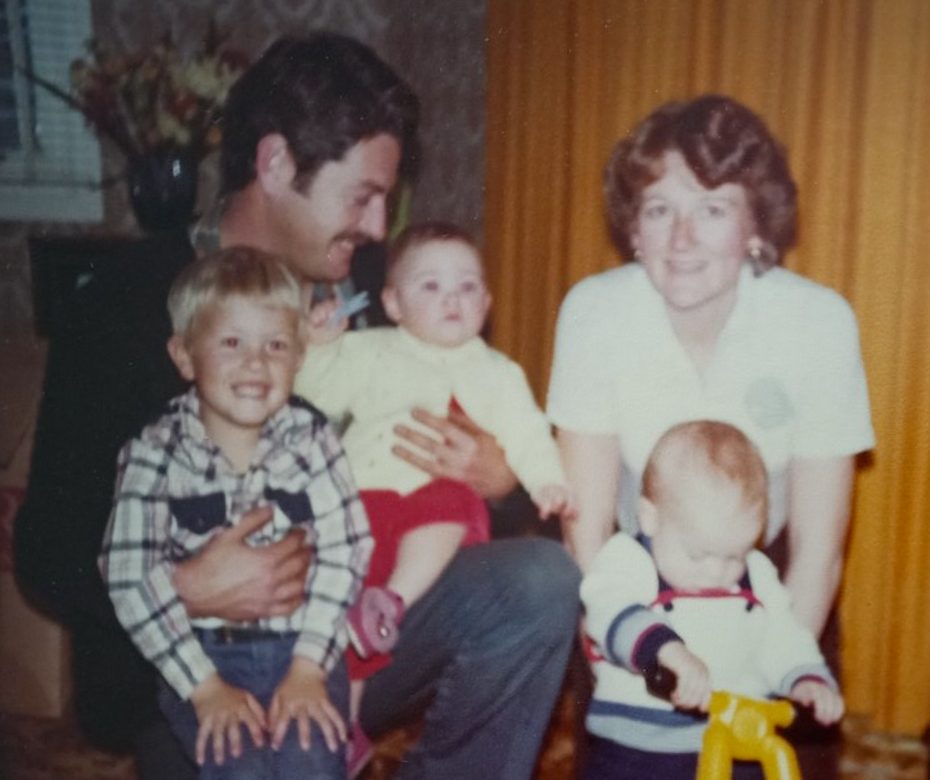
Malcolm and Wendy Stewart with their young twins, Bradley and Allyson and son Michael. Photo: Supplied.
“I know the inquiry outcome,” says Malcolm, “they put a lot of blame onto people who did not deserve it.
“The aftermath was dreadful because for weeks there was a funeral every day – sometimes I’d go to two.”
Malcolm and the rest of the Appin Mine workforce returned to work about a month later, after the debris had been cleared.
“I can’t recall any anger among the men, but they were apprehensive about returning to the mine,” he says.
“It was an eerie atmosphere because everybody knew the guys who were killed and the grief was still raw.”
He says the two things miners most fear about their work is a roof collapse and gas.
“I think these days with the help of new technology, mining is pretty safe but another Appin is always a possibility, mainly for the reason of negligence,” he says.
Malcolm continued working in mines until he retired in 2002.









